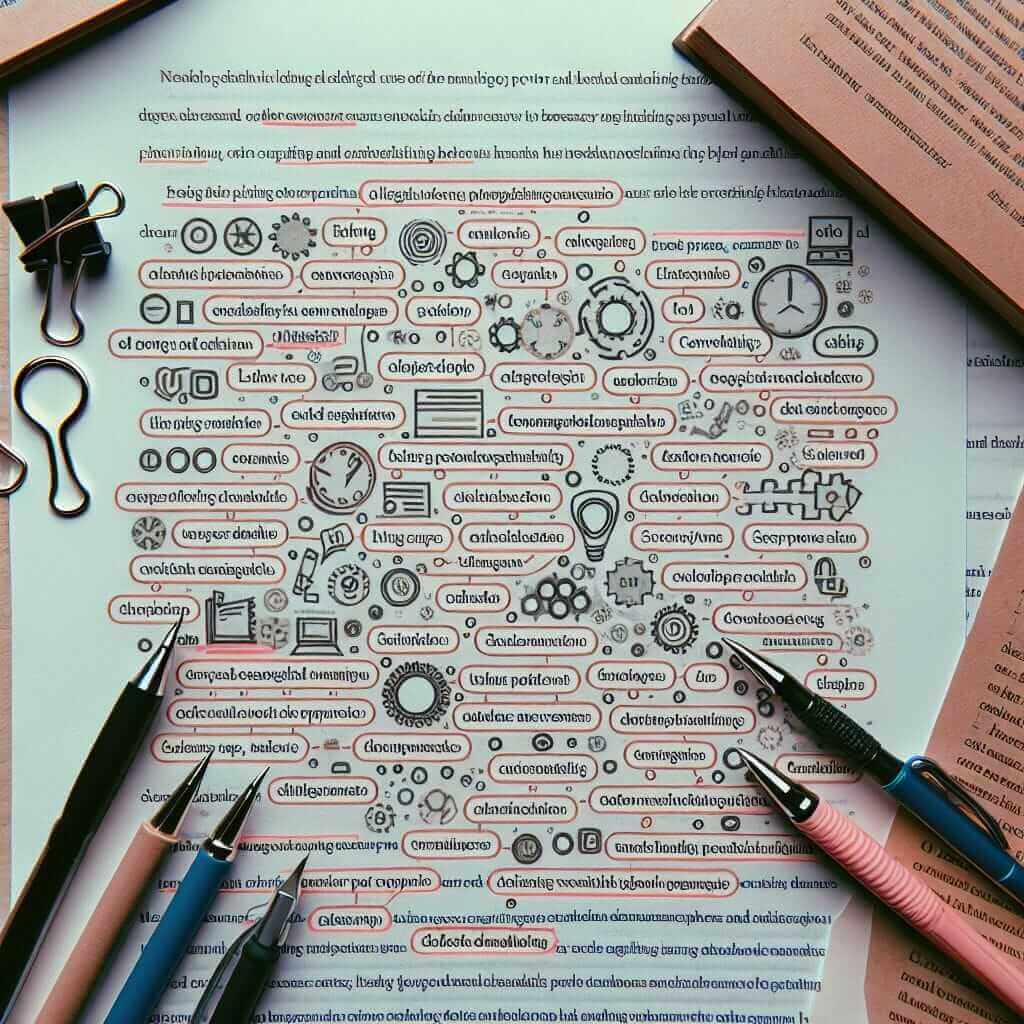As an IELTS instructor with over 20 years of experience, I often encounter students who are fixated on the individual scoring criteria, particularly CC (Coherence and Cohesion) and LR (Lexical Resource) in the IELTS Writing test. While understanding these components is crucial, it’s equally important to remember that they contribute to the overall band score rather than being assessed in isolation.
This article delves into the significance of CC and LR grades, their impact on your writing score, and how to excel in these areas to achieve your desired IELTS band.
Deciphering the Significance of CC and LR in IELTS Writing
The IELTS Writing test evaluates your ability to express ideas effectively in written English. The scoring is based on four key criteria:
- Task Achievement/Response (TA/TR): Addresses how well you understood and responded to the task’s instructions.
- Coherence and Cohesion (CC): Assesses the logical organization and flow of your ideas.
- Lexical Resource (LR): Evaluates the range and accuracy of your vocabulary.
- Grammatical Range and Accuracy (GRA): Measures your proficiency in using diverse grammatical structures correctly.
Each criterion contributes equally to your final writing band score.
Let’s focus on CC and LR:
Coherence and Cohesion (CC) refers to the smooth and logical flow of your writing. A well-structured essay with clear connections between paragraphs and sentences will score highly in this area.
Lexical Resource (LR) focuses on your vocabulary usage. Using a wide range of vocabulary accurately and appropriately demonstrates your language proficiency.
Mastering CC and LR for IELTS Writing Success
To improve your CC and LR scores, consider these strategies:
Enhancing Coherence and Cohesion:
- Structure Your Essay Logically: Organize your ideas into distinct paragraphs with clear topic sentences. Introductions should set the context, body paragraphs should develop arguments, and conclusions should summarize your main points.
- Use Linking Words and Phrases: Connect your sentences and paragraphs using a variety of cohesive devices. For example, use words like “furthermore,” “however,” “in contrast,” “as a result,” and “in conclusion” to guide the reader through your arguments.
- Maintain a Consistent Style: Be mindful of your tone and formality. Avoid using slang or overly informal language in academic writing tasks.
Boosting Your Lexical Resource:
- Expand Your Vocabulary: Read extensively in English, paying attention to new words and their usage in context. Keep a vocabulary notebook and regularly review the words you learn.
- Use Synonyms and Paraphrasing: Avoid repetition by using synonyms and paraphrasing techniques. This demonstrates your vocabulary range and ability to express ideas in different ways.
- Choose Words Carefully: Select vocabulary that is relevant to the topic and register of the essay. Using overly complex words incorrectly will not improve your score.
Illustrative Examples from IELTS Writing
Let’s analyze how CC and LR come into play with an example prompt:
“Some people believe that technology has made our lives easier and more convenient. Others argue that it has made us lazier and more dependent. Discuss both views and give your opinion.”
High-scoring response excerpt (focusing on CC and LR):
“Technological advancements have undoubtedly revolutionized our lives, bringing about undeniable conveniences. For instance, the internet has simplified communication and access to information, making tasks faster and more efficient. However, this ease of access has also fostered a growing dependence on technology. Many individuals rely heavily on devices for basic tasks, potentially diminishing their problem-solving and critical-thinking skills.”

Analysis:
- CC: The response presents both sides of the argument coherently. The use of linking words like “however” and “for instance” creates a smooth flow of ideas and guides the reader through the contrasting viewpoints.
- LR: The writer utilizes a range of vocabulary related to technology and its impact, such as “revolutionized,” “conveniences,” “simplified,” “access to information,” “dependence,” and “critical-thinking skills.”
Achieving Success: Top Tips for IELTS Writing
- Practice Regularly: Consistent practice is key. Familiarize yourself with different essay types and practice writing within the time limit.
- Seek Feedback: Ask your IELTS teacher or a language partner to review your writing and provide constructive feedback.
- Analyze Model Answers: Study high-scoring sample essays to understand the elements of good writing, paying attention to CC, LR, and other criteria.
Conclusion
Understanding the importance of CC and LR is vital for achieving a high score on the IELTS Writing test. Remember that these components are interconnected with other aspects of your writing. By focusing on clarity, coherence, and a diverse vocabulary, you can effectively convey your ideas and enhance your overall band score.